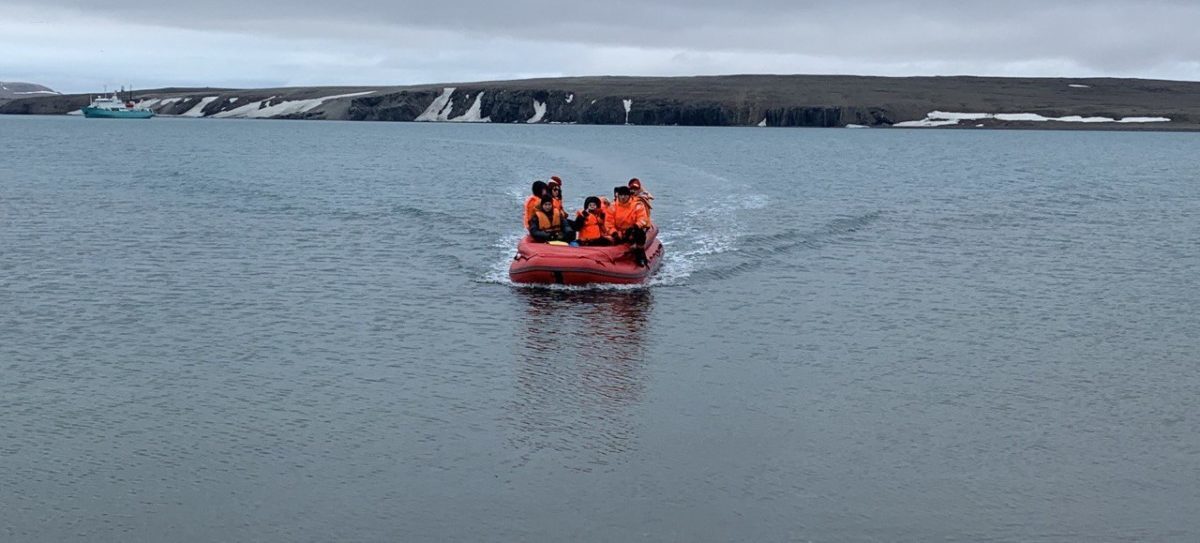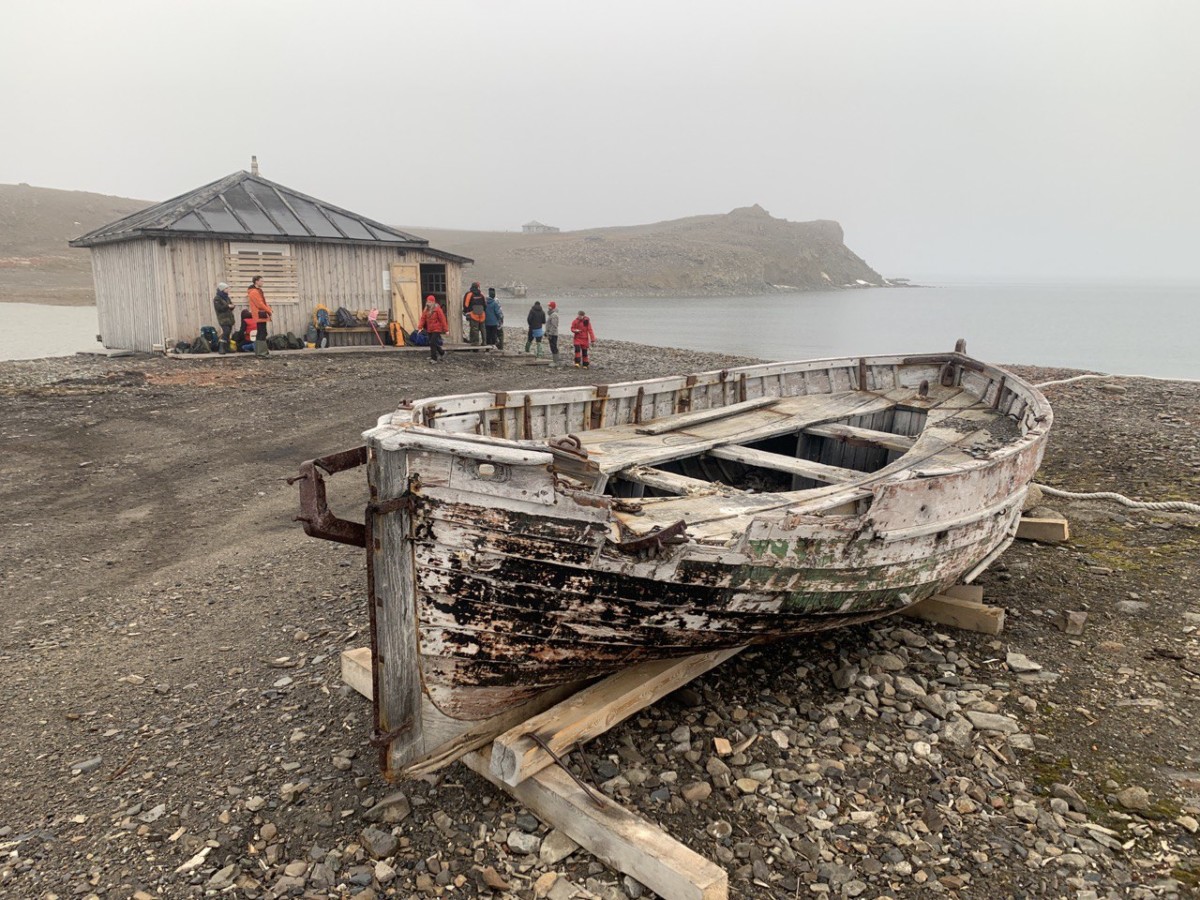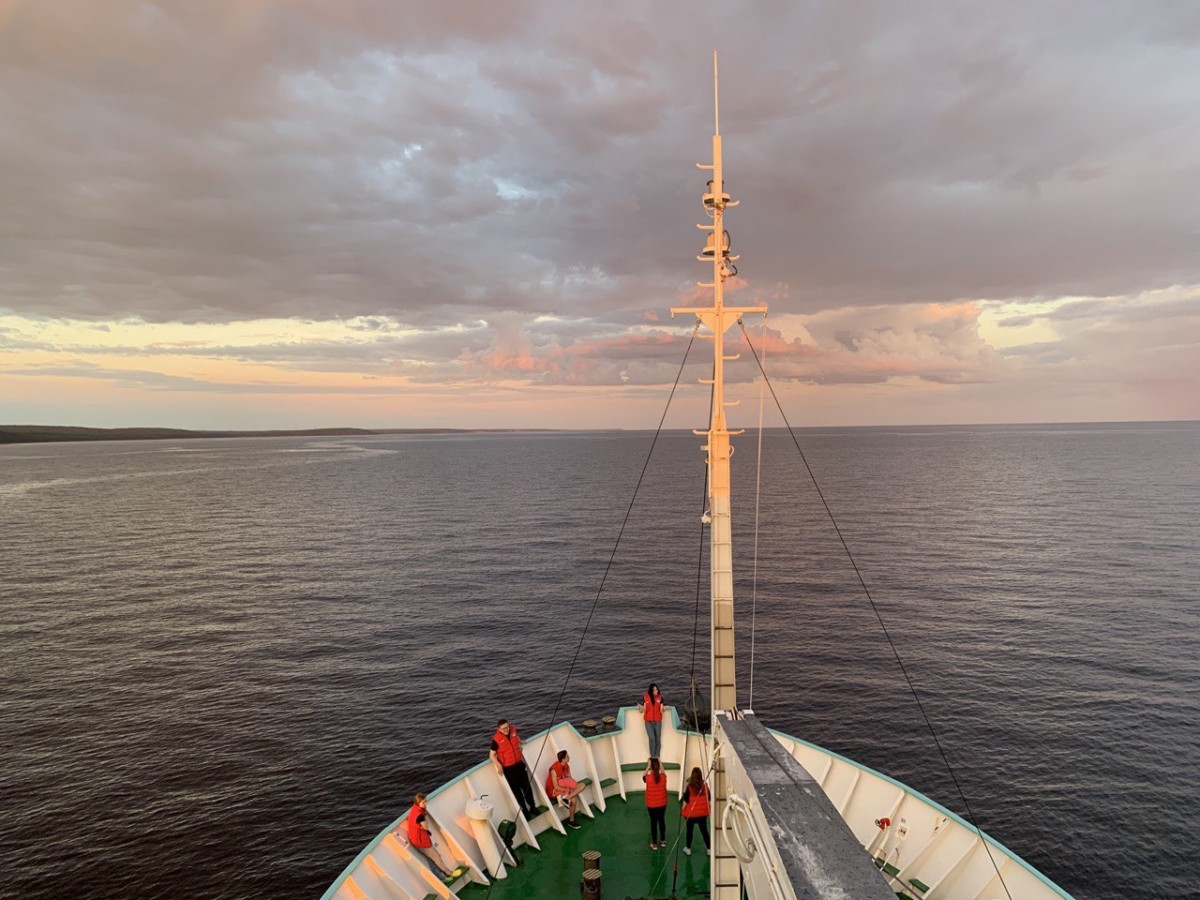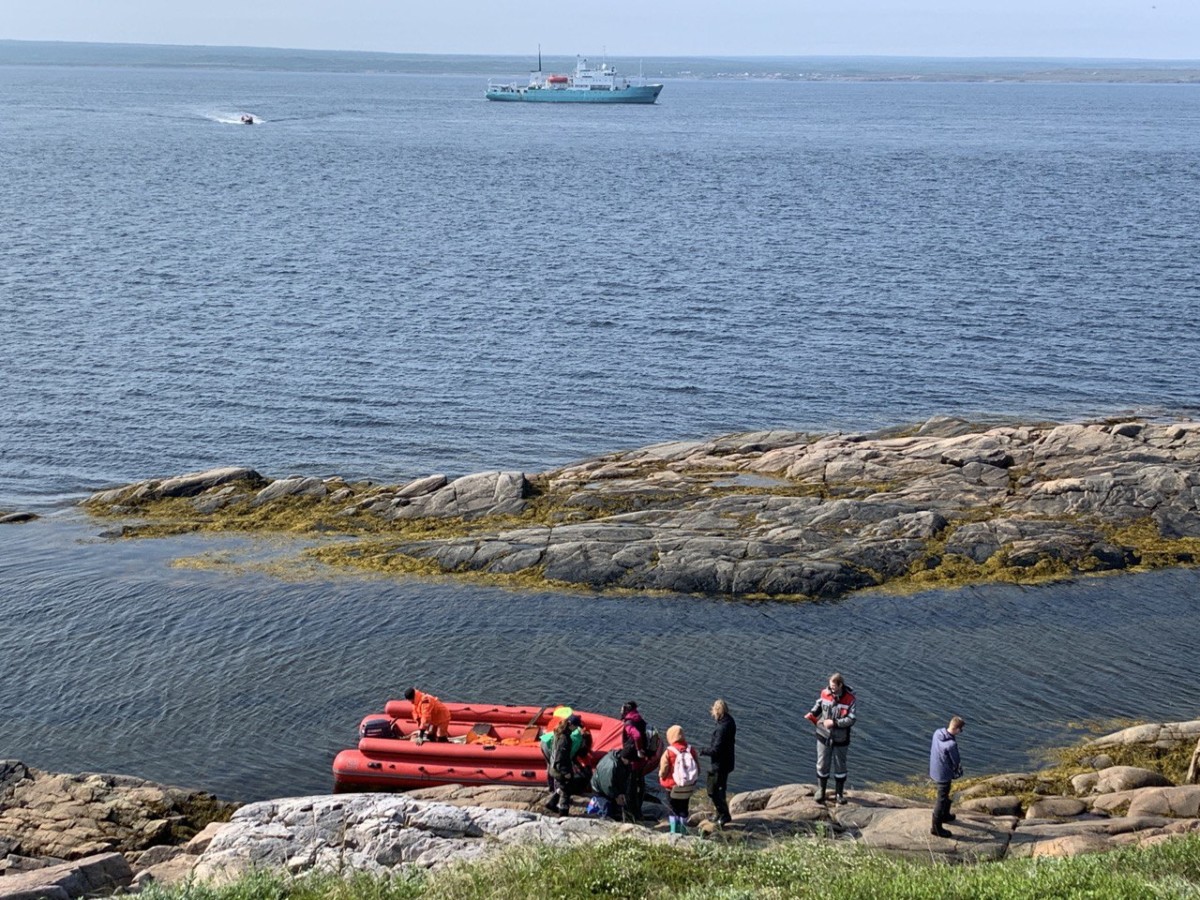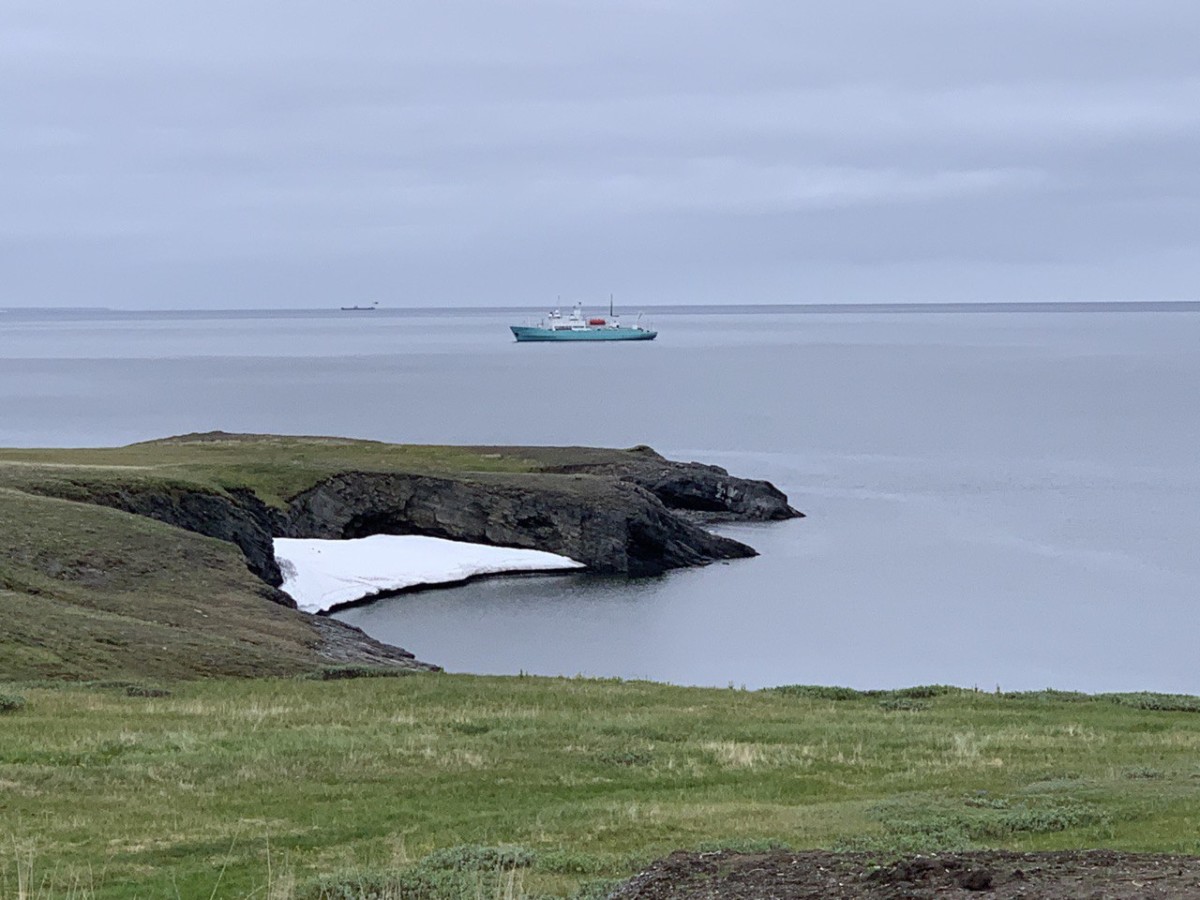#ARCTIC. #SIBERIA. THIS IS TAIMYR. The expedition Arctic Floating University 2022: The Changing Arctic has successfully completed. The research vessel Professor Molchanov returned to Arhangelsk. The flight lasted 22 days, from June 24 to July 16. It was attended by 55 scientists, graduate students and students from different cities of Russia: Moscow, St. Petersburg, Arhangelsk, Norilsk, Saratov, Dubna, Anapa.
The expedition route passed through the White, Barents and Kara seas, the participants visited the Novaya Zemlya archipelago, as well as the Vaigach and Sosnovets islands.
The complex expedition scientific program consisted of eight blocks: from microbiology and oceanology to the study of the historical and cultural heritage of the Arctic.
“All participants completed the planned studies in full. We made a record number of landings. In addition to traditional places – cape Zhelaniya, Russkaya bay, Ledyanaya bay – for the first time we worked in Murmanets bay and Ivanov bay, which are almost never visited by scientists”, said Alexander Saburov, the expedition head, the Institute for Strategic Development of the Arctic director.
One of the most important results of the expedition was the removal of an old Pomeranian vessel from the Orange Islands.
“This is a unique monument, the northernmost embroidered (made using archaic technology, using an ax and a spruce tree) ship found on the territory of Russia. At other points where landings were organized, ships fragments were also found, Pomeranian camps were examined. So, in the bay of Murmanets on the coast of the Kara sea, a frame of a large ship, possibly a Pomeranian koch, was found. A fragment of a keel more than 10 meters long from a Pomor schooner of the 19th century was found in Ivanov Bay”, said Evgeny Yermolov, head of the department for preserving the historical and cultural heritage of the Russian Arctic National Park.
“The theme of the Pomeranian heritage and shipbuilding is very relevant. Pomors are Russian people who conquered the Arctic much earlier than Europeans. For us, this is of great importance in terms of the cultural and historical code of our country in the North”, said Konstantin Zaikov, the Northern (Arctic) Federal University vice-rector for information policy, international and interregional cooperation.
The marine litter and microplastics team has received important and completely new scientific data.
“We saw a marine litter stock in the Barents sea: nowhere else in the Russian part of this region such an amount of plastic litter is accumulated”, said Alexandra Yershova, head of the Plastic Pollution Research Laboratory at the Russian State Hydrometeorological University.
Ornithologists have found birds on Novaya Zemlya that used to nest much farther south, and have also identified new bird colonies, indicating that global warming is favorable for some Arctic species.
Meteorologists assessed climate change using snowfields as an example. Oceanologists completed two oceanographic sections – in the north of the Barents sea and in the Pechora sea.
Particular attention in the 2022 expedition was paid to microbiological research.
“Participation in the Arctic floating university is an opportunity to collect unique microbiological samples and evaluate the entire spectrum of microbial communities, from extreme Arctic deserts to the tundra zone. My work is related to the search for bacteriophages – viruses that can destroy pathogenic bacteria and be used as antibacterial agents. In the era of global antibiotic resistance, this is extremely important”, said Artemy Goncharov, head of the Microorganisms Functional Genomics and Proteomics Laboratory at the Experimental Medicine Institute.
“The scientific and practical results of the expeditions are very important. But the key result is personnel, these are young people who will receive comprehensive knowledge and decide to connect their lives with the sea, with the Arctic”, said Roman Yershov, head of the Northern Directorate for Hydrometeorology and Environmental Monitoring.
Recall that the Arctic Floating University is a project of the Northern (Arctic) Federal University and the Northern Directorate for Hydrometeorology and Environmental Monitoring. Mikhail Yelesin, a scientist from Norilsk, also participated in the 2022 expedition.
Earlier, we reported that the ice-resistant platform North Pole had been tested, and the Russian Federation government would approve the Northern Sea Route development plan by August 1.
Follow us on Telegram, VKontakte.
Text: Ekaterina Maksimova, Photo: Russian Federation Ministry for the Development of Far East and Arctic
